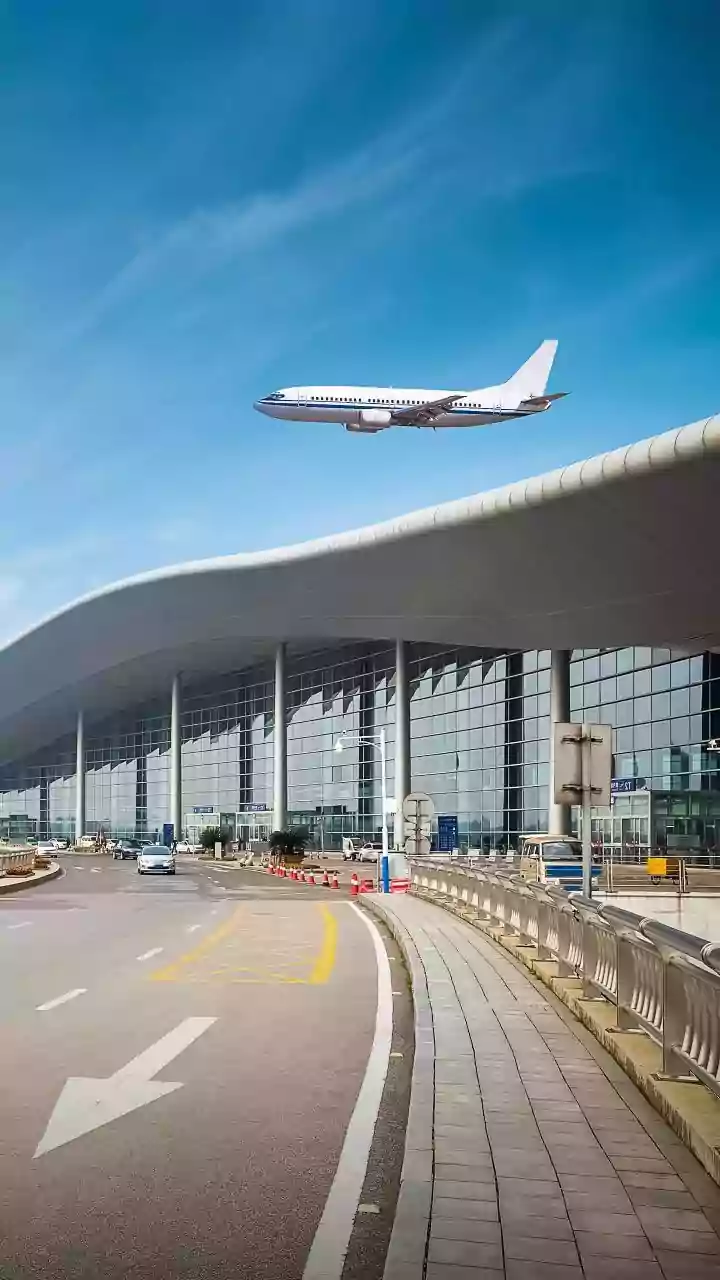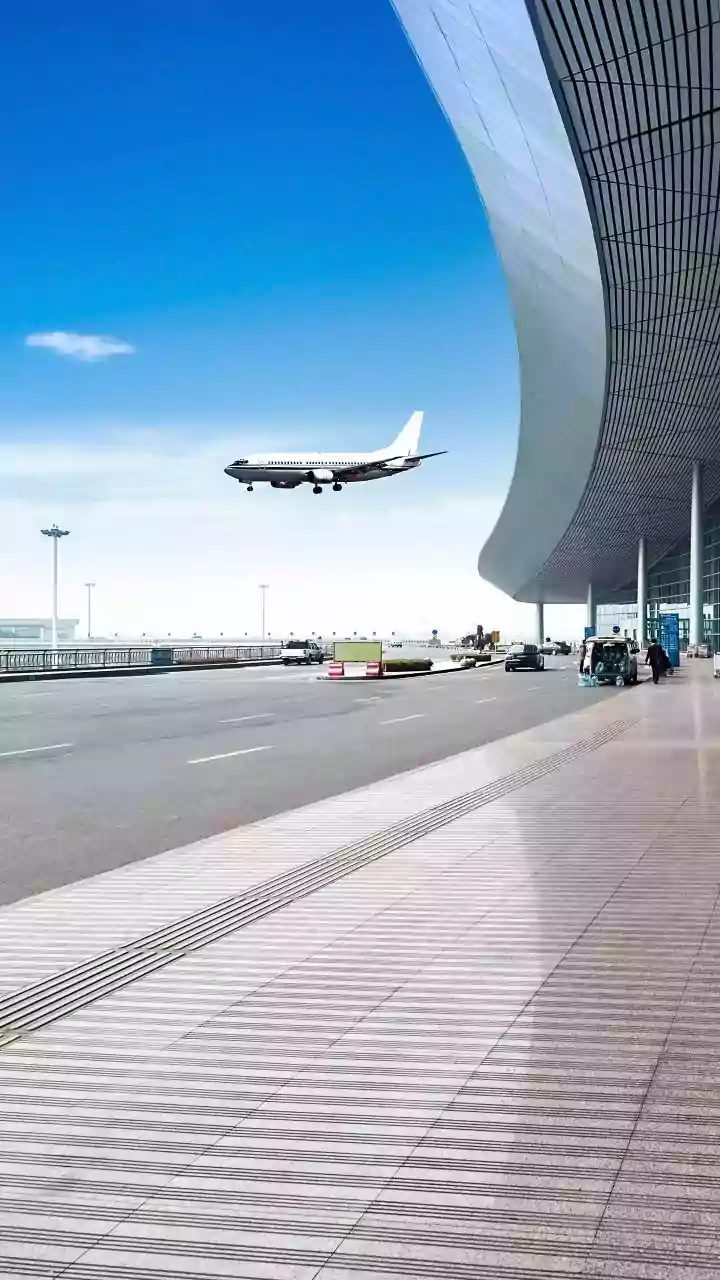Pakistan and Afghanistan have reached an understanding over a "temporary ceasefire" after the border clashes left more than three dozen people dead on
both sides. The Foreign Office (FO) of Pakistan said that both sides have agreed to halt military operations for the next 48 hours "to find a positive solution to this complex but solvable issue through constructive dialogue". The announcment came amid claims and counter claims over Pakistani strikes in Kabul. "A temporary ceasefire has been decided between the Pakistani government and the Afghan Taliban regime, with the mutual consent of both parties, for the next 48 hours from 6pm today, at the request of the Taliban."During this period, both sides will make sincere efforts to find a positive solution to this complex but solvable issue through constructive dialogue," the FO said. Tension between the neighbours has remained high since explosions rocked Afghanistan last week, which Kabul blamed on Islamabad. The Taliban denies claims it is harbouring militants targeting Pakistan. The two sides are not only fighting at the border, but also on social media, trying to convince the public that their side is inflicting more damage. Amid the intense fighting, Pakistan claimed to have carried out a precision strike in Kabul, with state media reporting multiple explosions in the Afghan capital. The claim was countered by the Taliban, which said that the explosion happened in Kabul "due to fire in a fuel tanker". The two neighbours have also claimed to have inflicted heavy casualties on the other side. While Pakistan's military said its forces had killed "15-20 Afghan Taliban" and injured many in Spin Boldak border district, a Taliban government spokesman said numerous Pakistani soldiers had been killed in the clashes. None of the deaths could be independently confirmed. The latest fighting comes after intense border clashes over the weekend. Border Sealed, Trade Halted The renewed fighting forced the closure of several key crossings, halting trade and leaving dozens of trucks stranded on both sides. Pakistan remains a main source of goods and food supplies for landlocked Afghanistan. The tensions come as Islamabad presses Kabul to rein in militants it says are operating from Afghan soil to carry out attacks in Pakistan. The Taliban government denies the accusations, insisting that “Afghan soil is not being used against any neighbouring country.” Last week’s clashes drew international concern. China urged protection for its citizens and investments, Russia called for restraint, and United States President Donald Trump said he could help mediate the conflict. The escalation also coincides with Afghan Foreign Minister Amir Khan Muttaqi’s visit to India, Pakistan’s rival, where New Delhi announced plans to reopen its embassy in Kabul and the Taliban said it would send diplomats to India.




















